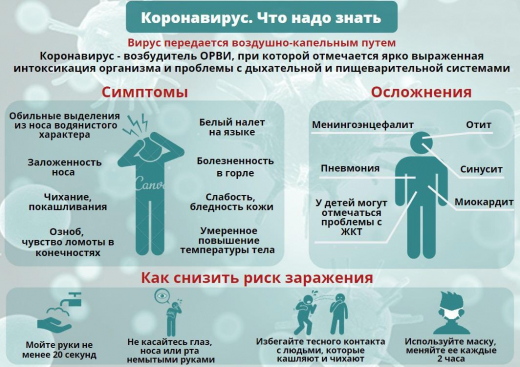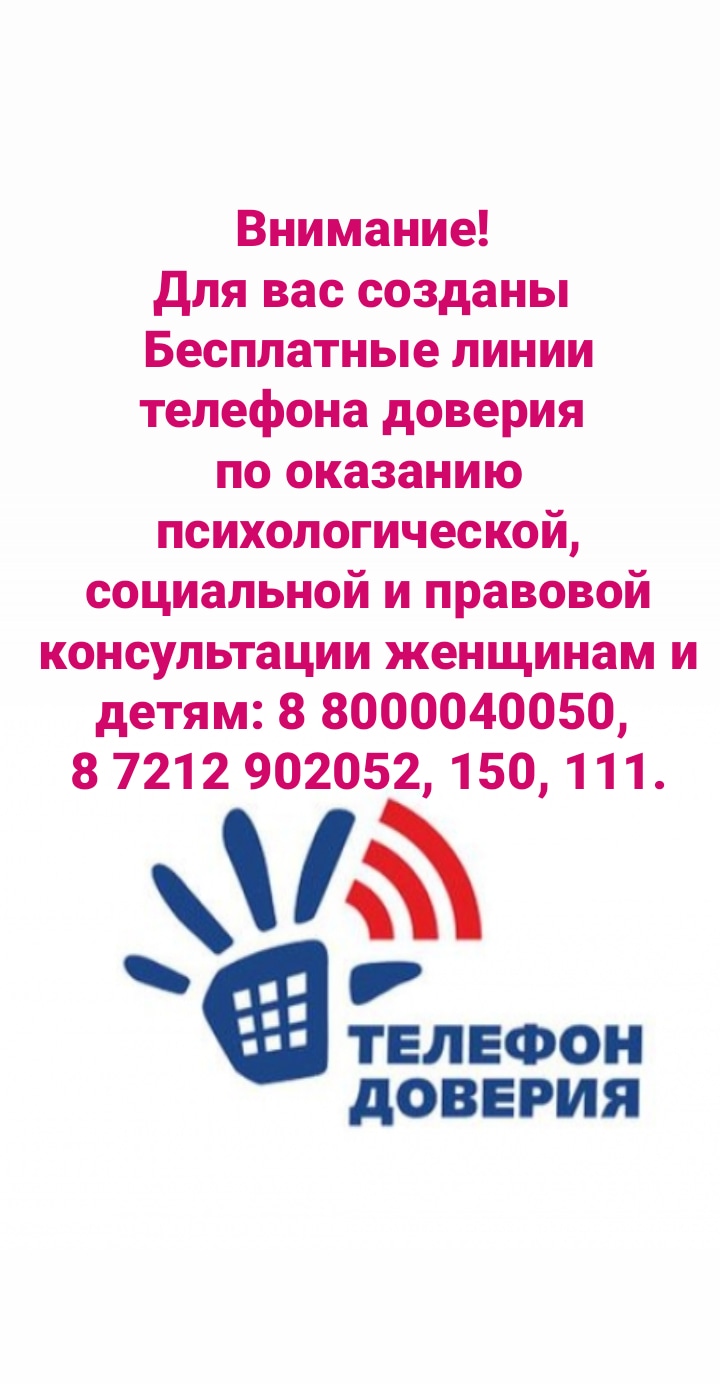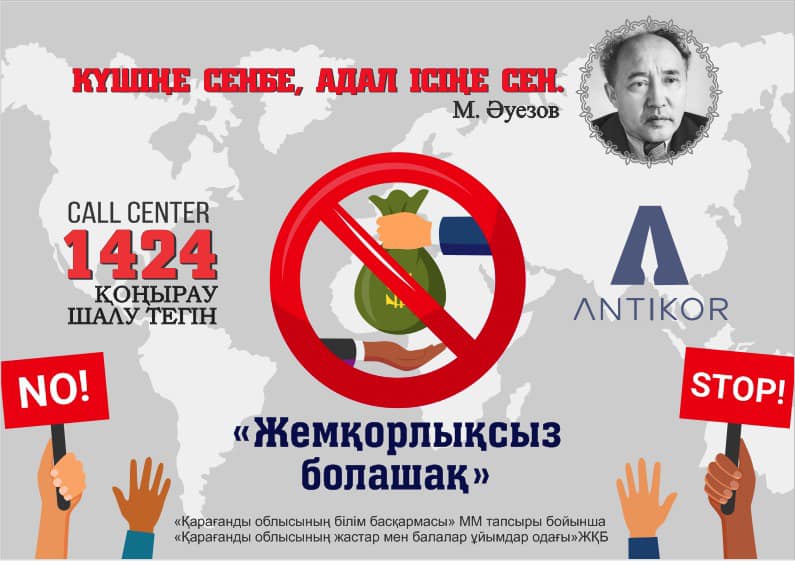What is coronavirus?

What is coronavirus?
Coronavirus is a whole family of viruses that includes more than 30 species. Species are combined into 2 subfamilies. They can infect not only humans, but also animals - cats, dogs, birds, pigs and cattle.
The virus was discovered in 1960 and got its name because of the villi on its shell, tending in different directions and resembling a crown. It is known that coronaviruses can cause a number of diseases - from the common cold to a severe acute respiratory syndrome (SARS or SARS).
Symptoms of coronavirus in humans
Manifestations of the respiratory syndrome when a 2019-ncoV coronavirus virus is infected can range from a complete absence of symptoms (asymptomatic) to severe pneumonia with respiratory failure, which can lead to death. The patient is usually concerned about fever, cough, shortness of breath. In this case, pneumonia may not always develop. In some cases, gastrointestinal symptoms may occur, including diarrhea. Severe manifestations of the disease may include respiratory arrest, which will require the patient to be connected to an artificial respiration apparatus and assisted in the intensive care unit. Against the background of the severe course of the disease, a secondary infection of the fungal and bacterial infection is possible.
Apparently, the virus is especially dangerous for people with a weakened immune system and the elderly, as well as patients with concomitant diseases, for example, diabetes mellitus, chronic lung diseases, etc.
“The symptoms of 2019-nCoV infection are not highly specific, i.e. they do not differ from the symptoms of other respiratory viral infections, ”the infectious disease doctors say,“ because the epidemiological history data plays a decisive role in identifying the disease, information about the place, circumstances, conditions where the infection occurred. With an increase in body temperature, sneezing, coughing and / or shortness of breath, you should immediately seek medical help if you have been in China for the past 14 days or have been in contact with a patient who has arrived from there. ” Viruses that cause acute respiratory infections are transmitted by airborne droplets. This means that they enter the human body through the nasal mucosa. That is why the creation of a protective barrier of the mucous membrane of the respiratory tract will serve as a reliable prevention of viral infection. A modern barrier agent with bactericidal and antiviral effects is the Nazaval® PLUS spray. Settling on the mucous membrane, it is not absorbed into the bloodstream, but acts only locally. In addition to the instructions, the action of a barrier agent is also mentioned in numerous clinical studies.
Methods of treating coronavirus in humans
Vaccine
There is currently no vaccine for a new type of coronavirus. It is known that Chinese scientists began to develop it. They managed to isolate the virus; currently, work is underway to select a strain for the manufacture of the vaccine.
Doctors advice
“Response measures are developed and adopted at the level of WHO and governments,” infectious disease doctors say. - They are designed to limit the outbreak and prevent the global spread of the disease. As for personal precautions, it is recommended that you not visit Hubei Province without urgent need. If you are located in China, you should avoid markets that sell animals and seafood, as well as observe the rules for the thermal processing of dishes. Hand hygiene is an effective measure to prevent airborne infections. Wash your hands thoroughly and often. Do not touch your face with your hands. Try to avoid rooms where there are a large number of people. If you have signs of a respiratory infection, wear a face shield. ”
Types of Coronavirus
In the last century, coronaviruses were the causative agents of acute respiratory infections. The diseases they caused were easily treated, so the viruses were not considered to be particularly dangerous.
The first outbreak of severe acute respiratory syndrome (SARS) or SARS caused by coronavirus occurred in 2003. SARS-CoV coronavirus caused an outbreak in 33 countries and killed 623 people.
The next outbreak of severe infection occurred in 2012 in Saudi Arabia. A new type of coronavirus was diagnosed, causing an outbreak of an epidemic of the Middle East respiratory syndrome (MERS-CoV), which claimed the lives of 416 people, which amounted to about 35% of all infected. People were infected by contact with infected camels or infected people without protective equipment.
At a time when the epidemic of coronavirus infection is rampant in the world, barrier methods of protection, for example, masks, come to the rescue. They prevent the entry of viruses and bacteria into the respiratory tract. Barrier methods of protection against viruses also include special nasal sprays, such as Nazaval® PLUS. A spray containing cellulose powder and garlic extract in its composition forms a transparent,
Дата: 28.02.2020, 17:12 Автор: Әлімхан Ермеков атындағы мектеп-лицейі






